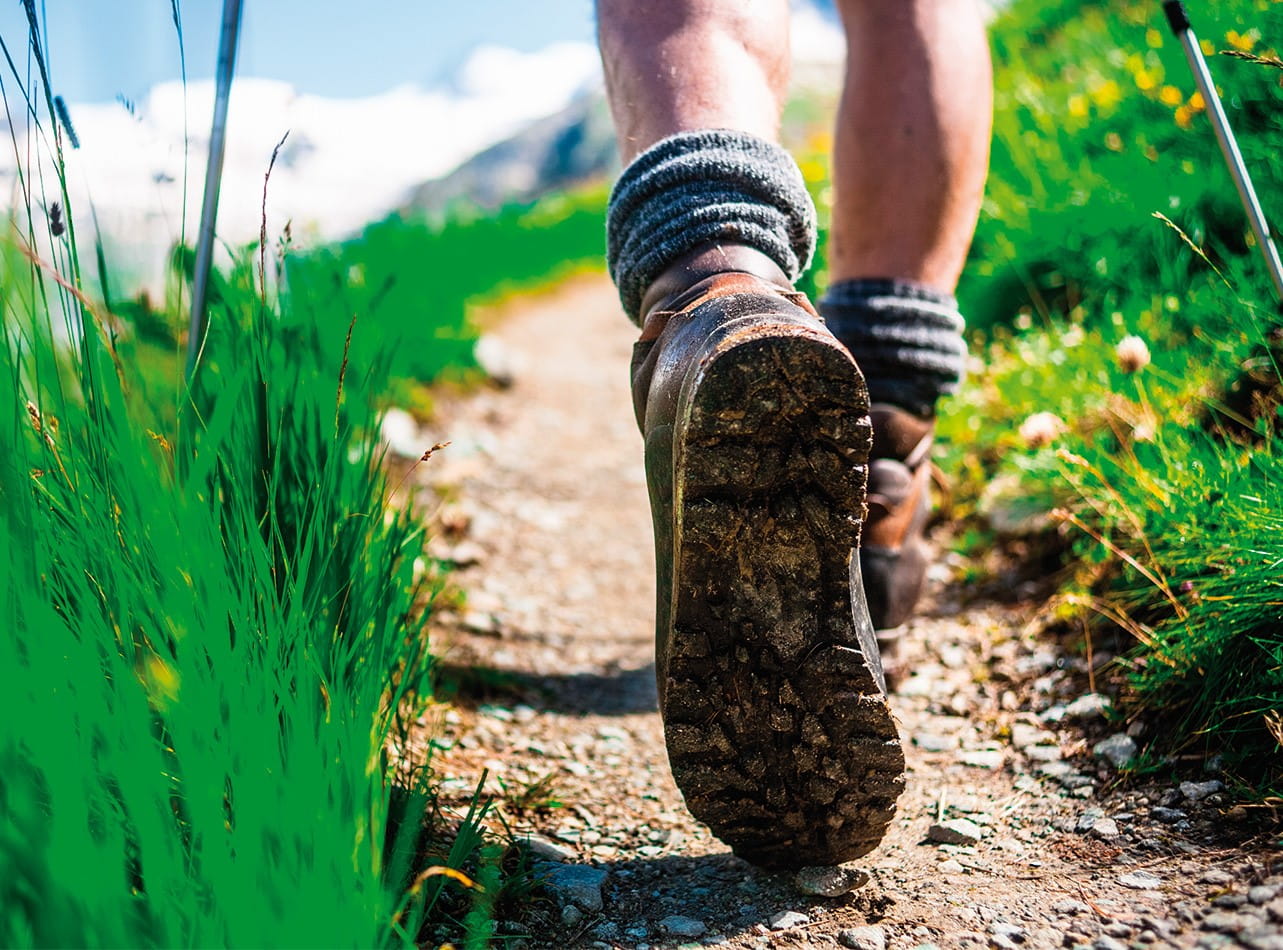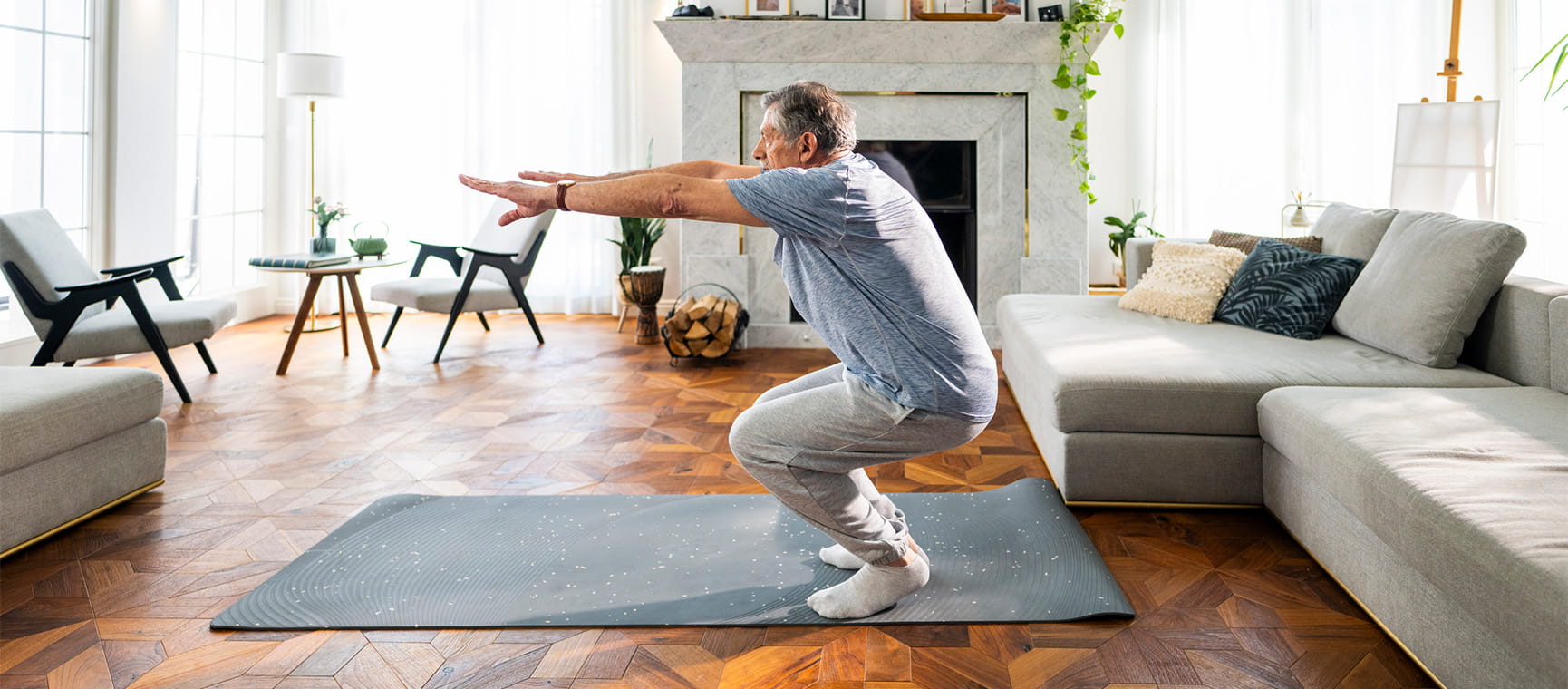Easy ways to prepare for retirement without losing your spark
The thought of retiring can be daunting, but our expert has 8 tips to ensure that it’s a positive step forward, not a step back.

The thought of retiring can be daunting, but our expert has 8 tips to ensure that it’s a positive step forward, not a step back.

You’ve spent a lifetime working hard, juggling careers, family, responsibilities and the endless to-do lists that come with them. Now, for the first time in years, life is about to change pace.
For some, the idea of retirement feels like a dream, with no more deadlines and no more rushing. For others, it brings a flicker of unease. Who will I be when the structure disappears? What will my days look like?
Both reactions are completely normal.
As the Practical Life Coach, I’ve worked with many clients approaching retirement who tell me the same thing: “I thought I’d be thrilled to stop working, so why do I feel unsettled?”
The truth is that retirement is a major life transition – but it doesn’t have to feel daunting.
With a bit of preparation and the right mindset, it can be one of the most fulfilling, freeing times of your life, a chance to rediscover who you are and what you truly enjoy.
So, where do we begin?

Retirement isn’t about stepping back – it’s about stepping differently. You’re not losing your purpose, you’re redefining it.
You’ve had decades of structure, alarms, emails and responsibilities, and it’s natural to feel wobbly when that all falls away. But instead of focusing on what’s ending, focus on what’s beginning.
Ask yourself: “What would a meaningful day look like for me now?”
When I work with clients approaching this stage of their life, I encourage them to plan ahead emotionally, not just financially.
Start gently experimenting before you retire. Try new hobbies, volunteer, or take one day off a week to see what an “unstructured” day feels like. Notice what gives you energy and what drains it.
That awareness will help you shape a week that feels good for you, one that balances activity, rest and connection.
The goal isn’t to fill every hour – it’s to create space for the things that make you feel alive.
Freedom is wonderful, but total freedom can feel disorienting. I often suggest that my clients create a “loose rhythm” to their week.
You might decide that Mondays are for errands, Tuesdays for social plans, Wednesdays for creative hobbies, Thursdays for rest, and Fridays for family or fun.
It’s not about rules, it’s about rhythm. A little light structure will keep your days feeling balanced and purposeful, without robbing you of flexibility.
You don’t need a schedule – you just need a sense of flow.
So much of who we are can get wrapped up in what we do. When that chapter changes, it’s easy to feel uncertain.
In coaching sessions, I ask clients: “Who are you when you’re not being productive?”
Their answers are always varied: “curious”, “kind”, “creative”, “funny”, “peaceful”.
Those qualities haven’t gone anywhere – retirement simply gives you the space to nurture them again. You’re not losing your spark, you’re giving it room to breathe.

After decades of working life, many of us find it hard to rest without guilt. I often hear, “I feel lazy if I’m not doing something.”
But part of preparing for retirement is rewriting that story. Productivity can look like reading, reflecting, walking or connecting, not just ticking boxes.
You’ve spent years earning your rest. You don’t have to justify it. Now, you get to choose what matters to you, not what’s expected of you.
Some of the happiest retirees I work with aren’t necessarily the busiest, they’re the most curious.
Curiosity keeps life fresh. It doesn’t have to be dramatic or expensive – it might be learning a language, exploring local history, or simply trying a new walking route.
Staying open to new experiences keeps your world expanding, not shrinking.
Not every day will feel perfect, and that’s OK. There might be mornings when you feel flat, or days that feel a little too quiet. You’re not being flaky, you’re adjusting.
Like any big change, it takes time to settle. Give yourself permission to go slowly, to experiment and to find your own rhythm.
This chapter is a reward for everything you’ve given, built and worked through. Now’s your chance to enjoy it unapologetically.
Read in bed. Take a class. Start the garden. Spend a day doing absolutely nothing.
You’ve earned this.
Retirement isn’t about losing relevance; it’s about gaining presence. You’ve done the hard work; now you get to choose how you live, grow and enjoy the days ahead.
I get it – stepping away from the life you’ve known for so long can feel strange. But I’ve seen how a bit of reflection and gentle preparation can transform that uncertainty into excitement.
When you take time to plan your days, explore what brings you joy and give yourself permission to slow down, retirement becomes less about losing something and more about gaining space – space for you, your interests, and the life you’ve worked so hard to create.
Retirement is not the end of the road – it’s the beginning of the open highway.
(Hero image credit: Getty Images)
The experts at Saga Money have the six steps you need to take financially before you retire and have also worked out the true cost of a comfortable retirement – how much pension you need and how to boost your savings if you are short.
Kate Tilston is The Practical Life coach. She has been a life coach for 18 years now and works with clients to help them see the wood for the trees, to feel less overwhelmed and more in control. Her coaching is a very practical style which enables people to move forward with clarity and ease.
View author page
Find out about Saga’s walking holidays here…
Saga’s walking holidays are perfect for exploring Europe’s stunning destinations on foot. They’re suitable for all fitness levels and offer a well-balanced mix of guided walks and relaxation.

Get 3 months free, plus a £125 Totally Rewards Wellness Gift Card when you start a new policy by the end of 19 February 2026. T&Cs apply.
Underwritten by Bupa Insurance Limited.

Are you retiring at the wrong age? The best age to retire for your body, brain, happiness and pocket.


Everything you need to know about the lung infection, and how you could be ill with “walking” pneumonia without realising it.

Strong calves for a strong mind: how they support our circulation and brain health, with easy moves to strengthen yours at home.


Our GP Dr Mark Porter explains what can cause itchy skin, which is a common problem as we get older.

Worried you’ve morphed into Victor Meldrew? Find out how to battle that bad mood, and what to do if you’re stuck with a grouchy loved one.

The benefits of heat and cold therapy, and how Nordic bathing won over our nervous writer.

Here’s how to spot the symptoms of heat disease and reduce your danger.


The NHS winter vaccination campaign kicks off next week. Here’s the lowdown on what you need to book.

Pilates for back pain – what to do if you are suffering, and five gentle exercises that could help.

Dizziness or vertigo: a sensation of spinning, can stop us doing everyday things for fear of falling. Try these tips to stop feeling dizzy


You don’t have to put up with bladder leaks. We try out the latest pelvic floor gadgets for men and women.

Cataracts are a normal part of ageing. Learn how to spot the signs – and when it’s time to consider surgery.